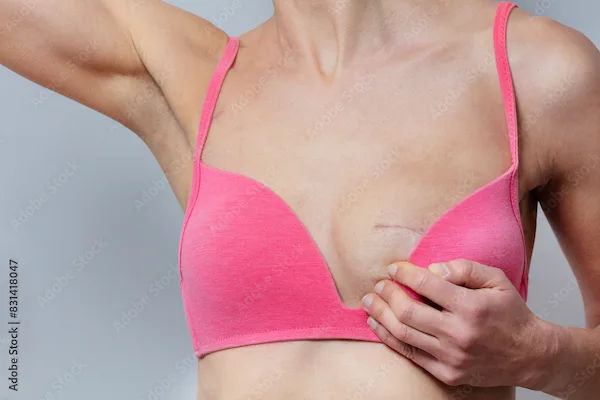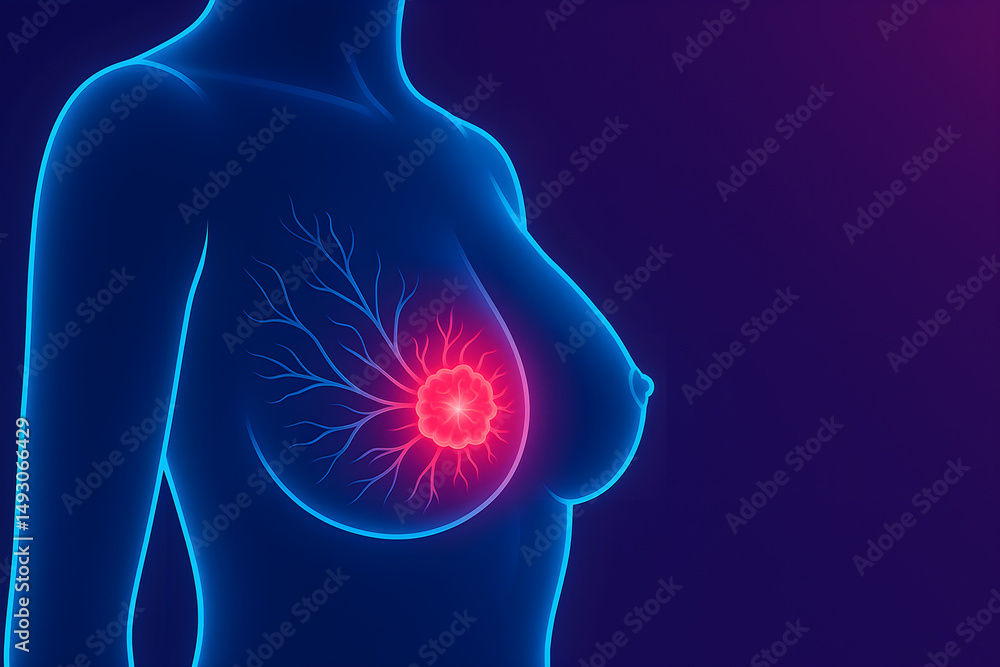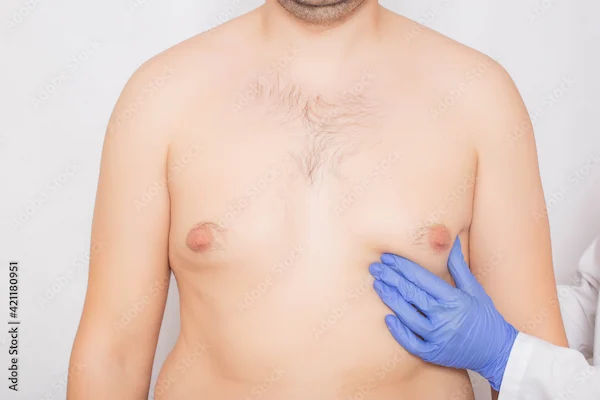Post-Mastectomy Care Near Me
Explore expert post-mastectomy care near you, including pain management, emotional support, and recovery therapies. Find personalised solutions to heal and regain strength after breast surgery.

Written by Dr.Sonia Bhatt
Last updated on 13th Jul, 2025

Introduction
Undergoing a mastectomy (surgical removal of one or both breasts) can be a physically and emotionally challenging experience. Whether the surgery was performed as part of breast cancer treatment or as a preventive measure, proper post-mastectomy care is essential for healing, comfort, and emotional well-being. If you're searching for "Post-Mastectomy Care Near Me", this guide will help you understand what to expect after surgery, how to take care of yourself, and where to find the right support.
Understanding Post-Mastectomy Recovery
After a mastectomy, your body needs time to heal. Recovery varies from person to person, but here’s what you can generally expect:
1. Immediate Post-Surgery Care (First Few Weeks)
Hospital Stay: Most patients stay in the hospital for 1-2 days, but some may go home the same day.
Pain & Discomfort: Mild to moderate pain is normal, and your doctor will prescribe pain relief medications.
Drains: Surgical drains may be placed to remove excess fluid from the incision site. These are usually removed within 1-2 weeks.
Incision Care: Keep the surgical area clean and dry. Follow your doctor’s instructions on dressing changes and showering.
2. Emotional Recovery
A mastectomy can bring feelings of grief, anxiety, or depression. It’s okay to seek emotional support from:
Counsellors or therapists specialising in cancer care.
Support groups (online or in-person) for breast cancer survivors.
Loved ones who can provide comfort and understanding.
Managing Physical Recovery at Home
Tips for managing physical recovery at home are as follows:
1. Wound Care & Hygiene
Follow your surgeon’s instructions on cleaning the incision.
Avoid soaking in baths or swimming until fully healed.
Wear loose, comfortable clothing to avoid irritation.
2. Managing Pain & Swelling
Take prescribed pain medications as directed.
Use ice packs (wrapped in a cloth) to reduce swelling.
Avoid lifting heavy objects or strenuous activities for 4-6 weeks.
3. Arm & Shoulder Mobility Exercises
After surgery, you may experience stiffness in your arm and shoulder. Gentle exercises can help restore movement:
Shoulder Rolls & Arm Lifts (as recommended by your doctor).
Deep breathing exercises to improve lung function.
Physical therapy if needed. Ask your doctor for a referral.
4. Lymphoedema Prevention
If lymph nodes were removed, you may be at risk for lymphoedema (arm swelling). To reduce risk:
Avoid blood pressure checks or injections on the affected arm.
Wear compression sleeves if advised.
Keep the arm elevated when resting.
Consult Top Specialists for Personalised Tips
Nutrition & Lifestyle for Faster Healing
Here are some nutrition and lifestyle tips:
1. Eat a Balanced Diet
Protein-rich foods (eggs, lentils, lean meats) help tissue repair.
Fruits & vegetables boost immunity and healing.
Stay hydrated to aid recovery.
2. Gentle Movement & Rest
Short walks improve circulation and prevent blood clots.
Get enough sleep to help your body heal.
3. Avoid Smoking & Alcohol
These can slow down healing and increase complications.
Breast Reconstruction & Prosthesis Options
If you’re considering breast reconstruction, discuss options with your surgeon:
Implants (silicone or saline).
Flap Reconstruction (using your own tissue).
External Prosthesis (temporary or permanent breast forms).
Some women choose not to reconstruct. This is a personal decision, and all choices are valid.
When to Seek Medical Help?
Contact your doctor immediately if you notice:
Fever or chills (signs of infection).
Increased redness, swelling, or pus from the incision.
Severe pain not relieved by medication.
Sudden swelling in the arm (possible lymphoedema).
Conclusion
Recovering from a mastectomy takes time, patience, and support. Remember to follow your doctor’s advice closely, don’t hesitate to ask for help, whether medical or emotional, and celebrate small milestones in your recovery journey.
Consult Top Breast Surgeon




